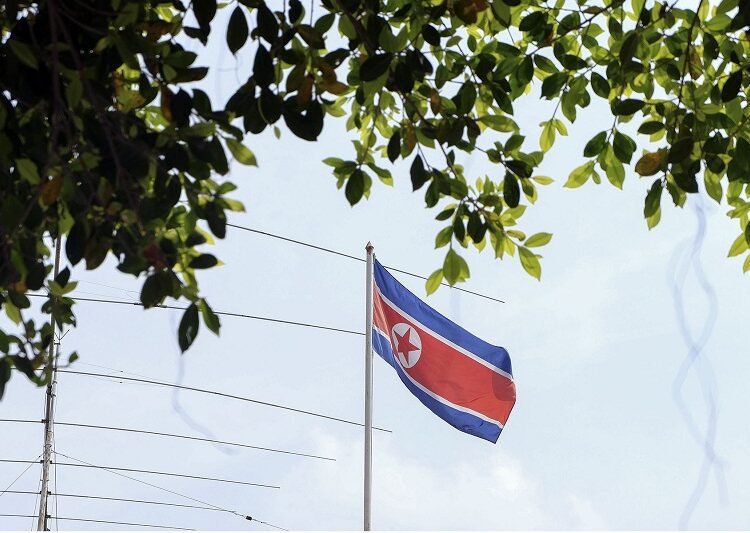SEOUL — North Korea fired what appeared to be a ballistic missile into the sea on Wednesday, South Korea and Japan said, in the first such launch by Pyongyang this year, AFP reported.
In the decade since Kim Jong-un took power, North Korea has seen rapid progress in its military technology at the cost of international sanctions.
The nuclear-armed nation’s first apparent weapons launch of 2022 followed a year of major arms tests despite the severe economic hardship during the coronavirus pandemic.
The South Korean military said the North fired what is “presumed to be a ballistic missile” towards the sea east of the peninsula at around 8.10am (2310 GMT Tuesday).
Japanese Prime Minister Fumio Kishida described it as a “possible ballistic missile launch”.
“It is truly regrettable that North Korea has continuously launched missiles since last year,” he told reporters.
Kishida said the Japanese government was analysing details, including how many missiles may have been launched.
“There have been no reports of damage to Japanese aircraft and vessels so far,” Japan’s top government spokesman Hirokazu Matsuno told reporters.
“We are continuing analysis, but if it took a normal orbit, it is expected to have travelled about 500 kilometres and fallen outside Japan’s exclusive economic zone.”
The launch followed a speech by Kim last week in which he said North Korea would continue to build up its military capabilities.
“I expect North Korea to continue refining its arsenal as a way to improve its strategic position at a time of political change in the region,” Jean Lee, a senior fellow at the Washington-based Woodrow Wilson International Centre, told AFP.
The impoverished nation has also been under a rigid self-imposed coronavirus blockade that has hammered its economy.
The worsening economic situation during the pandemic, however, has not blunted those programmes, and North Korea has continued to pursue weapons development, a UN report said in October.
Concerns have grown about a full-blown food crisis in North Korea, and a United Nations human rights expert warned in October that the most vulnerable were “at risk of starvation”.






Discussion about this post